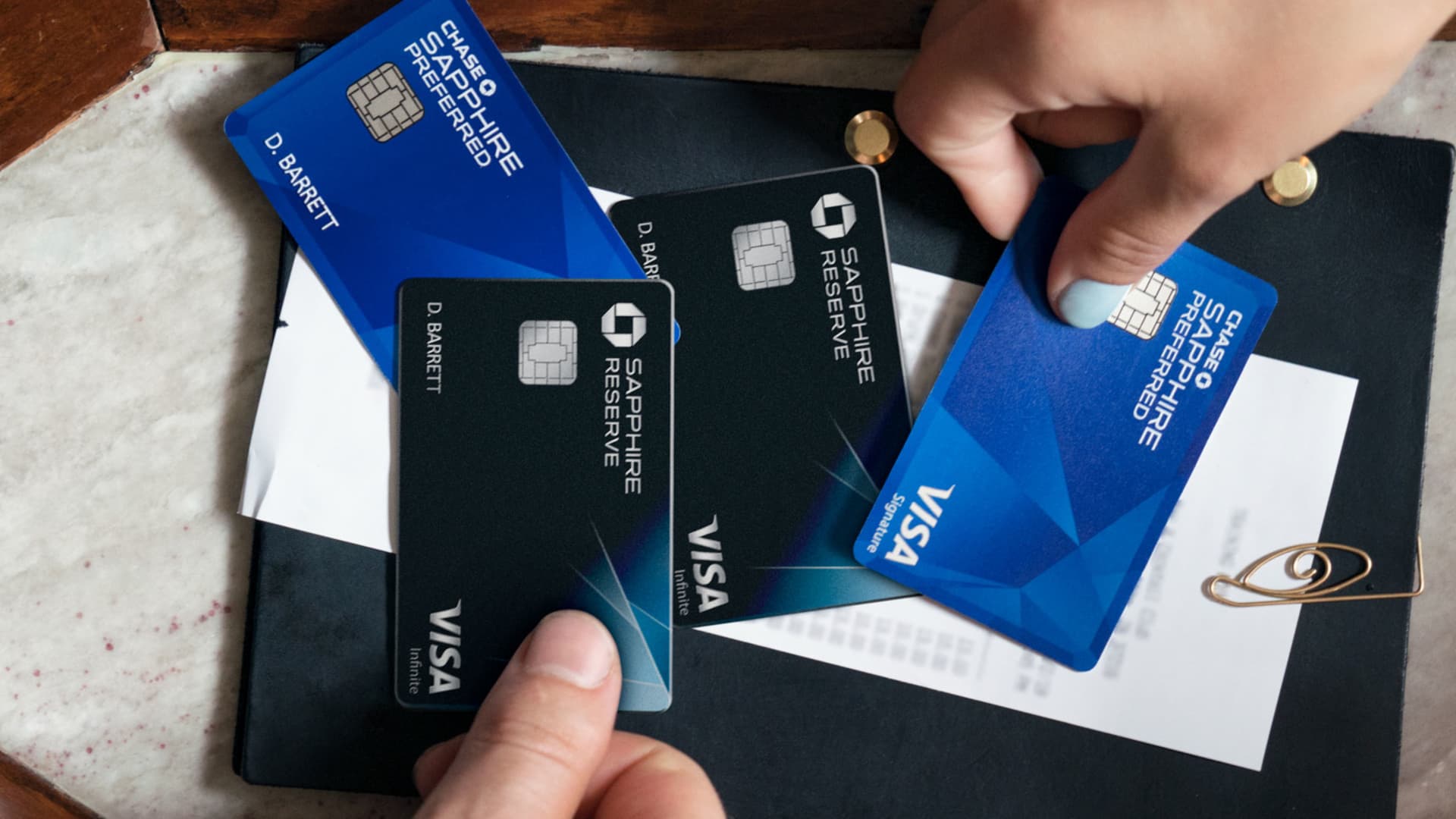Credit cards can be powerful financial tools when used wisely, but for beginners, understanding how to navigate the world of credit can be overwhelming. In this beginner’s guide, we’ll cover the fundamentals of credit cards, including how they work, the benefits they offer, and tips for responsible usage.
Understanding Credit Cards:
At its core, a credit card is a payment card that allows you to borrow money from a financial institution to make purchases. Unlike debit cards, which draw funds directly from your bank account, credit cards provide a line of credit that you can use up to a predetermined limit.
Benefits of Using Credit Cards:
Credit cards offer several advantages, including:
- Convenience: Credit cards allow you to make purchases online and in-store without the need for cash. They’re accepted at millions of locations worldwide, making them a convenient payment option.
- Build Credit History: Responsible use of a credit card can help you establish and build your credit history. A positive credit history is important for future financial endeavors, such as applying for loans or mortgages.
- Rewards and Perks: Many credit cards offer rewards programs that allow you to earn cash back, travel miles, or other perks for your purchases. These rewards can add up over time and provide additional value to your spending.
Tips for Responsible Credit Card Usage:
- Pay Your Balance in Full: To avoid interest charges, strive to pay your credit card balance in full each month. If you can’t pay the full balance, aim to pay more than the minimum payment to reduce interest costs.
- Budget Your Spending: Create a budget to track your expenses and ensure that you’re spending within your means. Avoid impulse purchases and prioritize essential expenses over discretionary spending.
- Pay On Time: Timely payment of your credit card bill is crucial for maintaining a positive credit history. Set up automatic payments or reminders to ensure you never miss a payment deadline.
- Monitor Your Credit Utilization: Keep your credit utilization ratio low by using only a small percentage of your available credit. Aim to keep your balances well below your credit limit to avoid appearing overextended to lenders.
- Avoid Cash Advances: Cash advances typically come with high fees and interest rates, making them an expensive form of borrowing. Avoid using your credit card for cash advances whenever possible.
Conclusion:
Credit cards can be valuable financial tools when used responsibly. By understanding how credit cards work, the benefits they offer, and adopting smart spending habits, you can make the most of your credit card while avoiding common pitfalls. Remember to pay your balance in full, budget your spending, and prioritize responsible credit usage to build a solid financial foundation for the future.
